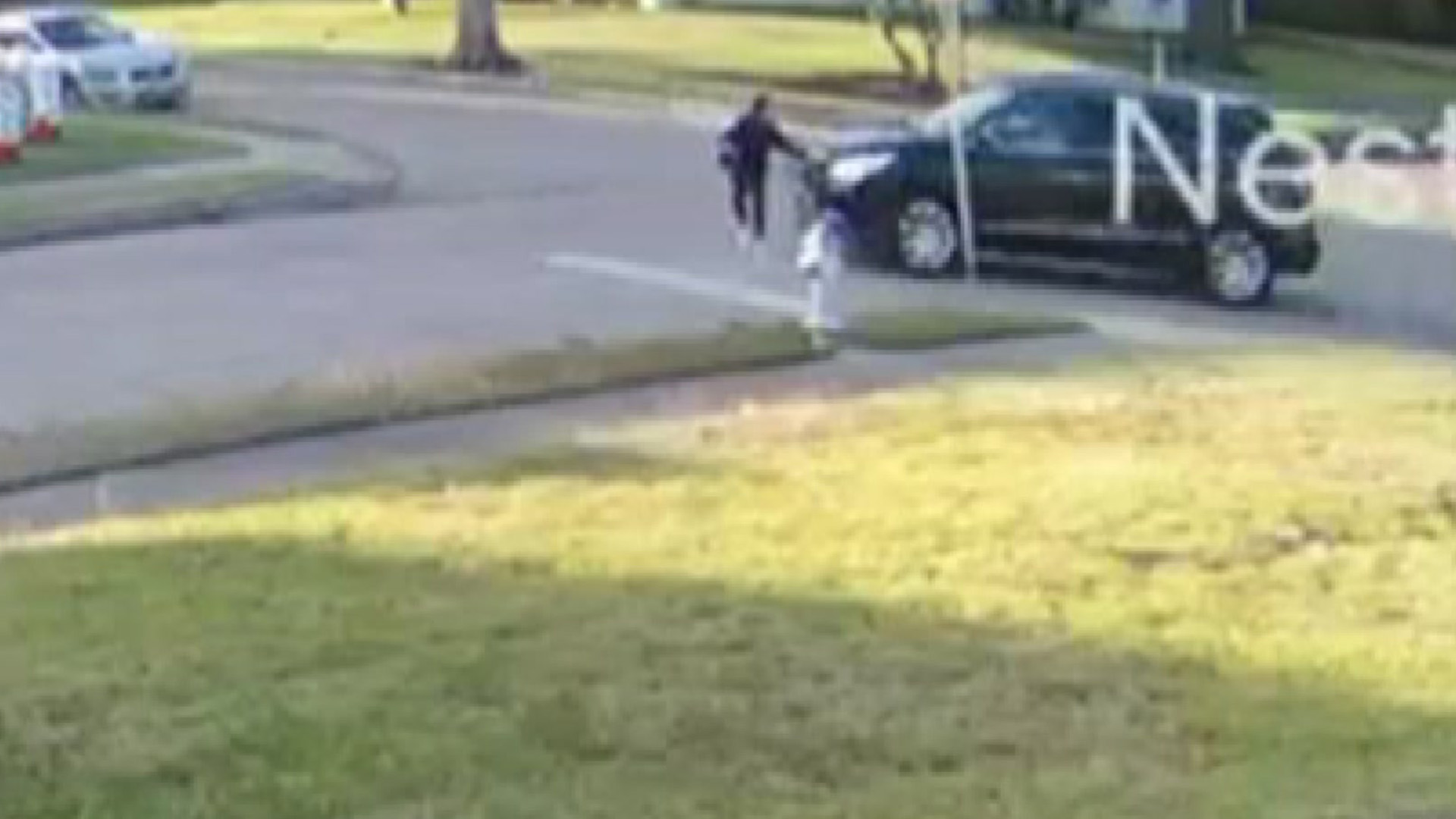A day of Dallas City Council haggling ended Wednesday with unanimous support for a compromise for the Trinity Parkway plan.
The vote came with six newly-elected members on the 15 person panel and it was the first time the new council took up the long fought Dallas issue.
The day began with a motion for new restrictions on the road from council newcomer Adam McGough, Mayor Mike Rawlings' former chief of staff.
McGough asked to re-program $47.7 million for the road, precluding any use of the money for a road that is greater than the four-lane parkway.
Council newcomer Mark Clayton supported McGough’s request.
“Let’s do something that gets people into the park. Let’s do something we all can live with, even though it’s not completely perfect,” Clayton said.
In April, the city council endorsed a scaled down four-lane parkway with direct access to the proposed Trinity River park.
Local
The latest news from around North Texas.
Earlier plans called for a six-lane limited access toll road. That six-lane plan already has Federal Highway Administration approval and is pending before the U.S. Army Corps of Engineers.
Road supporters on the council worried Wednesday that McGough’s new restriction could derail federal cooperation on any road along the Trinity.
“We need a people mover and I represent southeast Dallas. That’s what’s in the best interests of my constituents and that’s what I’ll continue to work for,” said Councilman Rick Callahan.
Mayor Mike Rawlings delayed the morning vote until the end of Wednesday’s afternoon session to get assurances from city staff that the compromise would not cause additional delays.
Even longtime critic Phillip Kingston went along with the unanimous vote.
“My language would have been far stronger, but I believe in the power of this body to compromise and work together,” Kingston said.
There are still many hurdles to cross before any road in the Dallas Trinity River flood plain is constructed.
The $47.7 million re-programmed Wednesday is a fraction of what would be needed.
Supporters said the four-lane road might still have tolls and would use much of the original six-lane road design.
A U.S. Army Corps of Engineers decision on the road is expected this year.



